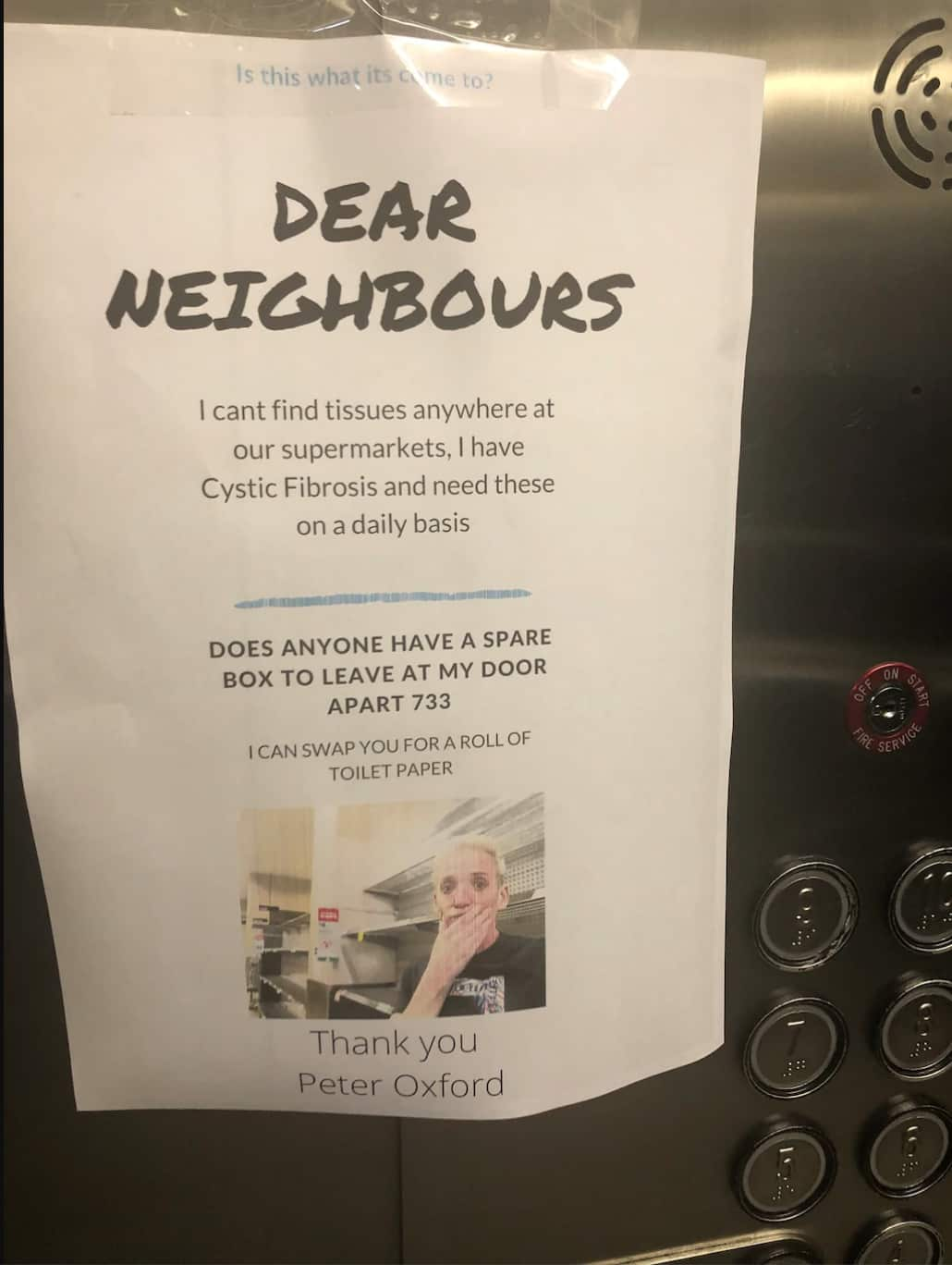COVID-19 is sweeping the world and with shutdowns in several countries, it’s starting to feel like we’re living in an apocalyptic movie. Supermarkets are being swarmed, and videos of fights for toilet paper are going viral. People are panicking.
This week on The Case we investigate pandemic panic buying: is it reasonable in the face of this pandemic threat, or if it is just making everything worse?
Dr Steven Taylor, author of ‘The Psychology of Pandemics’ says bulk buying is a coping mechanism.
“People need to feel in control of the situation, feel like they’re doing something to keep themselves safe,” he said.
The problem is panic buying has a snowball effect, and Dr Taylor says, “fear can be contagious.”
Tulip Mania
When it comes to panic buying, there’s a lesson to be found in history. In the 17th Century in the Netherlands, tulips suddenly became a high commodity. The demand increased, prices surged, until tulips were costing up to five times the average house. Some experts have said a sale was enough to feed, clothe and house an entire Dutch family for half a lifetime.
With loo roll on sale for up to a thousand dollars online, yesterday’s tulips are today’s toilet paper. The sellers of masses of toilet paper might be creating a bigger problem down the line. To sustain a stable, cooperative, functioning society, Economist Dr Gigi Foster says “panic buying” can be disastrous.
Dr Taylor says the “fear of scarcity” creates real scarcity, and acts as a self-fulfilling prophecy, and it’s the vulnerable who are impacted.
One man with Cystic Fibrosis posted this print out on his apartment door because he couldn’t find any tissues.

Tulip mania inevitably crashed, and had a significant effect on the economy in The Netherlands over 300 years ago. Panic derails society, it amplifies the small number of bulk shoppers with social media posts of empty supermarkets.
Dr Taylor says there are only a small number of people who are actually really alarmed, anxious and overshopping.
“Being social animals, we look to each other for cues as to what's going on -- this is how stampedes at football matches occur,” he said.
So where does that leave us with the question of when to panic, and when to take a step back?
The Verdict
The only way out of this pandemic is through it. If we don’t want to derail society, we’re going to have to work together. Actions driven by panic may help you feel in control, but they risk sending society into chaos.
Through award winning storytelling, The Feed continues to break new ground with its compelling mix of current affairs, comedy, profiles and investigations. See Different. Know Better. Laugh Harder. Read more about The Feed
Have a story or comment? Contact Us


